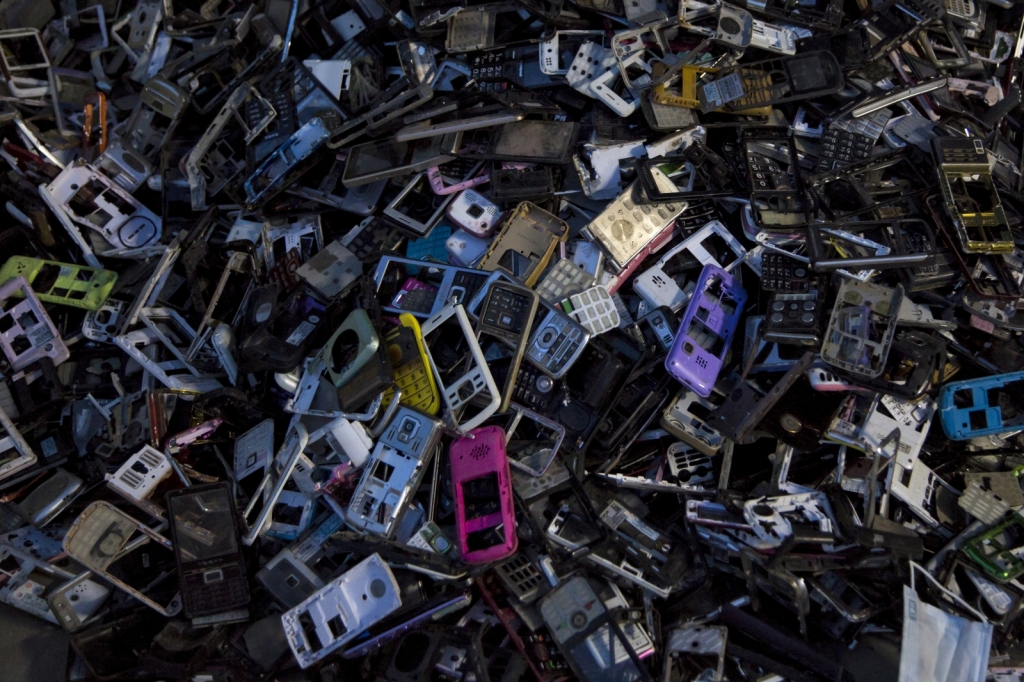-
Tips for becoming a good boxer - November 6, 2020
-
7 expert tips for making your hens night a memorable one - November 6, 2020
-
5 reasons to host your Christmas party on a cruise boat - November 6, 2020
-
What to do when you’re charged with a crime - November 6, 2020
-
Should you get one or multiple dogs? Here’s all you need to know - November 3, 2020
-
A Guide: How to Build Your Very Own Magic Mirror - February 14, 2019
-
Our Top Inspirational Baseball Stars - November 24, 2018
-
Five Tech Tools That Will Help You Turn Your Blog into a Business - November 24, 2018
-
How to Indulge on Vacation without Expanding Your Waist - November 9, 2018
-
5 Strategies for Businesses to Appeal to Today’s Increasingly Mobile-Crazed Customers - November 9, 2018
Olympic Medals Made of Crushed Smartphones
By comparison, the London 2012 Olympics used 9.6 kilograms of gold, 1,210 kilograms of silver and 700 kilograms of copper to produce all of its medals.
Advertisement
Tokyo, host city of the 2020 Olympics (the 32nd, or XXXII), stole the show with its introduction reel that played before receiving the Olympic flag, a video that leaned heavily on Japan’s tradition of creating some of the most classic video games in of all time.
The 2016 Rio Olympics is over but Japan is already giving forlorn fans something to look forward to after announcing they are planning to create its winning medals out of old smartphones. However, Japan may not have to do that because the gold and silver recovered from small electronics in the country is about the equivalent of 16 percent of the world’s total reserves.
Even with the implementation of an efficient e-waste collection system, the proposal for recycled metals in the Olympic medals may still fall short, as much of the metals now being recovered from e-waste is already put back into circulation as new electronics, especially silver, which “faces a tight supply-demand balance” in Japan.
The government has four years to ensure that consumer awareness will allow it to have enough of the materials to make the medals in a sustainable way and without affecting the quantities required to make new devices.
Partly recycled materials were used for the medals for the Rio 2016 Olympics.
Waste materials were also used at the Games in Rio, and about 30% of the silver which was used in both the silver and gold medals came from leftover mirrors, solder and X-ray plates.
1,566kg of silver was recovered vs 1,210kg required, and 1,112 tonnes of copper vs 700kg needed.
“Central and local governments should be in charge of publicizing such private services”, Kuroda told Nikkei. According to a report from Nikkei, the organizers of the 2020 games are thinking about using recycled electronics to forge the next summer games’ Olympic gold, silver, and bronze medals.
Advertisement
The country generates about 650,000 tons of e-waste from small electronics and home appliances every year, but it has been estimated that less than 100,000 tons are collected.





























